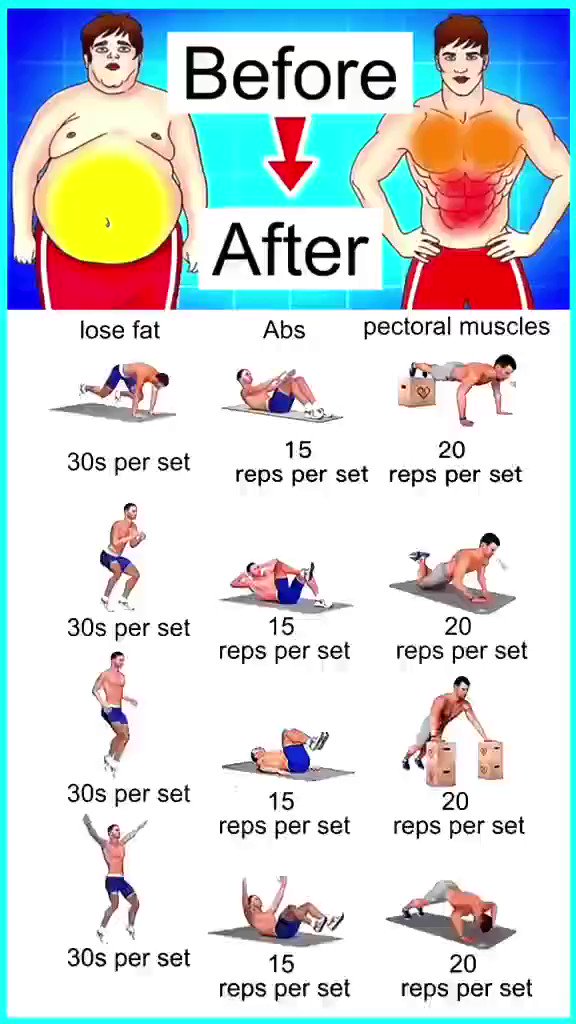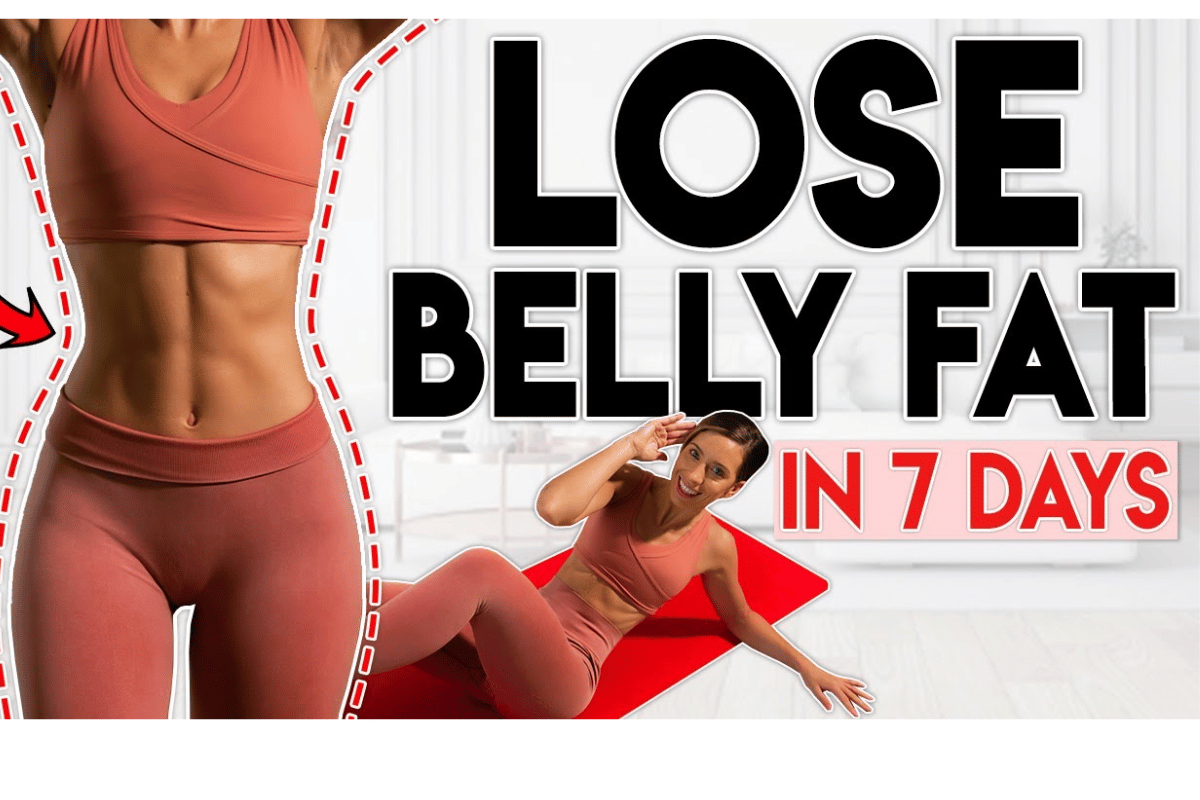How To Lose Belly Fat And Chest Fat

Excess abdominal and chest fat are common concerns, influencing not only appearance but also overall health. Addressing these issues requires a multifaceted approach, focusing on lifestyle modifications rather than quick-fix solutions. Experts emphasize the importance of sustainable strategies for long-term results.
Losing belly and chest fat isn't about targeting specific areas. It requires a holistic approach to reducing overall body fat, improving muscle tone, and adopting healthier habits. These changes are crucial for achieving a leaner physique and improving overall well-being.
Understanding the Basics
The foundation of fat loss lies in creating a calorie deficit. This means consuming fewer calories than you burn through daily activities and exercise. A deficit of 500-750 calories per day is generally recommended for safe and sustainable weight loss, according to the National Institutes of Health (NIH).
This deficit can be achieved through dietary adjustments, increased physical activity, or a combination of both. Consulting with a registered dietitian or healthcare professional can help personalize a plan that suits individual needs and health conditions.
Dietary Strategies
Diet plays a critical role in reducing overall body fat. Focus on whole, unprocessed foods like fruits, vegetables, lean proteins, and whole grains.
Prioritize protein intake, as it helps preserve muscle mass during weight loss and increases satiety. The American Heart Association recommends incorporating sources like chicken, fish, beans, and tofu into your diet.
Limit processed foods, sugary drinks, and excessive amounts of saturated and trans fats. These can contribute to excess calorie intake and hinder progress towards fat loss goals.
Specific Food Recommendations:
Increase fiber intake through foods like oats, lentils, and leafy greens. This promotes fullness and aids in digestion.
Healthy fats, such as those found in avocados, nuts, and olive oil, are essential for hormone production and overall health. Incorporate these in moderation.
Stay hydrated by drinking plenty of water throughout the day. Water helps regulate metabolism and can reduce cravings.
Exercise and Physical Activity
Regular exercise is essential for burning calories and building muscle mass. A combination of cardiovascular exercises and strength training is most effective for reducing belly and chest fat.
Cardio activities like running, swimming, cycling, and brisk walking help burn calories and improve cardiovascular health. Aim for at least 150 minutes of moderate-intensity or 75 minutes of vigorous-intensity aerobic activity per week, as recommended by the Centers for Disease Control and Prevention (CDC).
Strength training helps build muscle mass, which increases your metabolism and helps you burn more calories even at rest. Focus on compound exercises that work multiple muscle groups simultaneously, such as squats, deadlifts, push-ups, and rows.
Targeting Chest Muscles:
While you can't spot-reduce fat, strengthening chest muscles can improve the appearance of the chest area. Exercises like bench presses, dumbbell flyes, and push-ups can help build muscle and definition.
For men concerned about gynecomastia (enlarged breast tissue), it's crucial to consult a doctor. This condition may require medical intervention and cannot be addressed solely through diet and exercise.
Lifestyle Modifications
Beyond diet and exercise, other lifestyle factors play a significant role in weight management. These include sleep, stress management, and overall daily habits.
Aim for 7-9 hours of quality sleep per night. Lack of sleep can disrupt hormones that regulate appetite and metabolism, leading to weight gain.
Manage stress through relaxation techniques such as meditation, yoga, or spending time in nature. Chronic stress can lead to increased cortisol levels, which can promote fat storage in the abdominal area.
Incorporate more physical activity into your daily routine. Take the stairs instead of the elevator, walk or bike to work, and stand up regularly throughout the day.
The Long-Term Perspective
Losing belly and chest fat is a journey that requires patience and consistency. There are no miracle cures or instant solutions.
Focus on making sustainable lifestyle changes that you can maintain over the long term. This is more effective than fad diets or extreme exercise regimens.
Celebrate your progress along the way and don't get discouraged by setbacks. Remember that small, consistent changes can lead to significant results over time. Consulting with healthcare professionals and seeking support from friends and family can also be helpful.


















